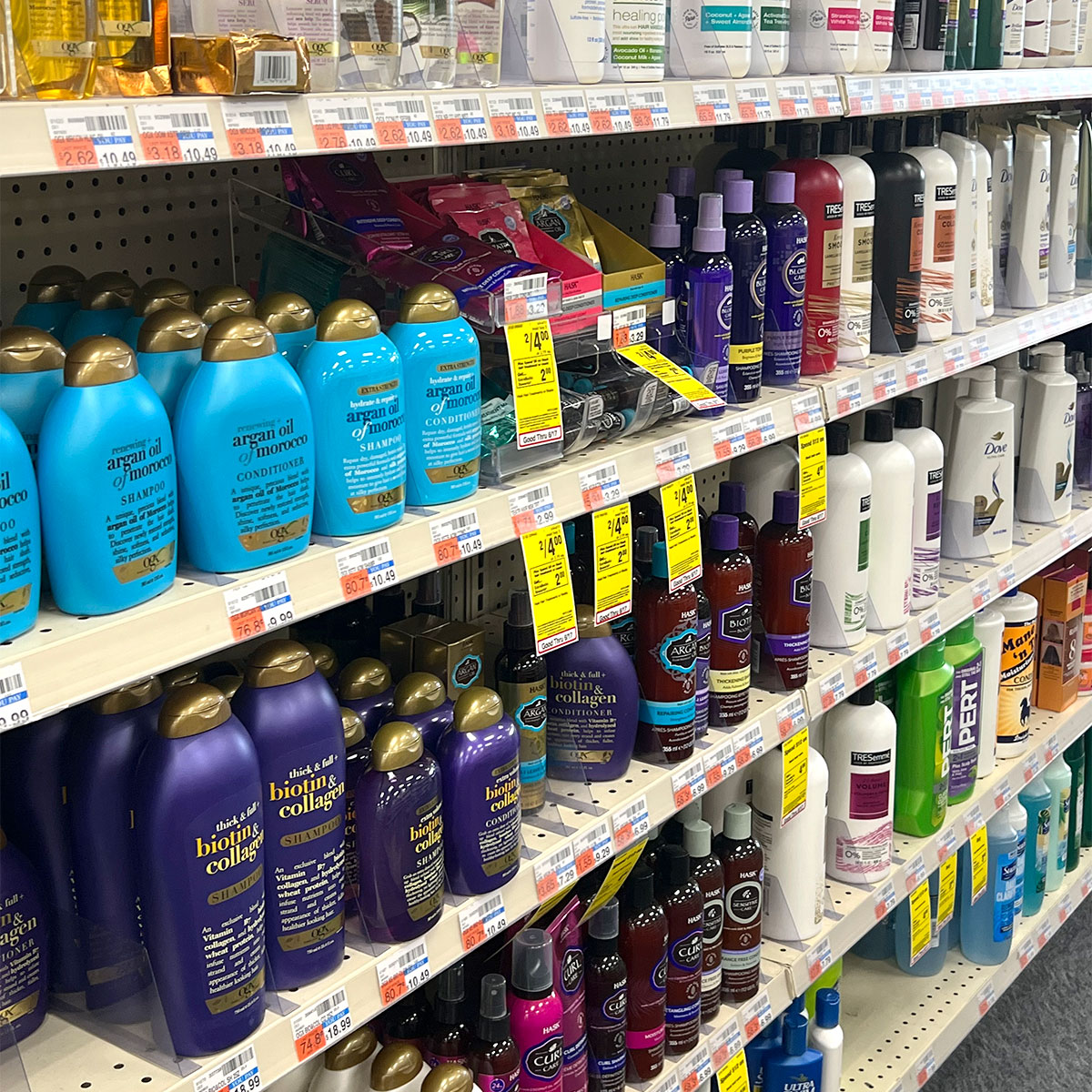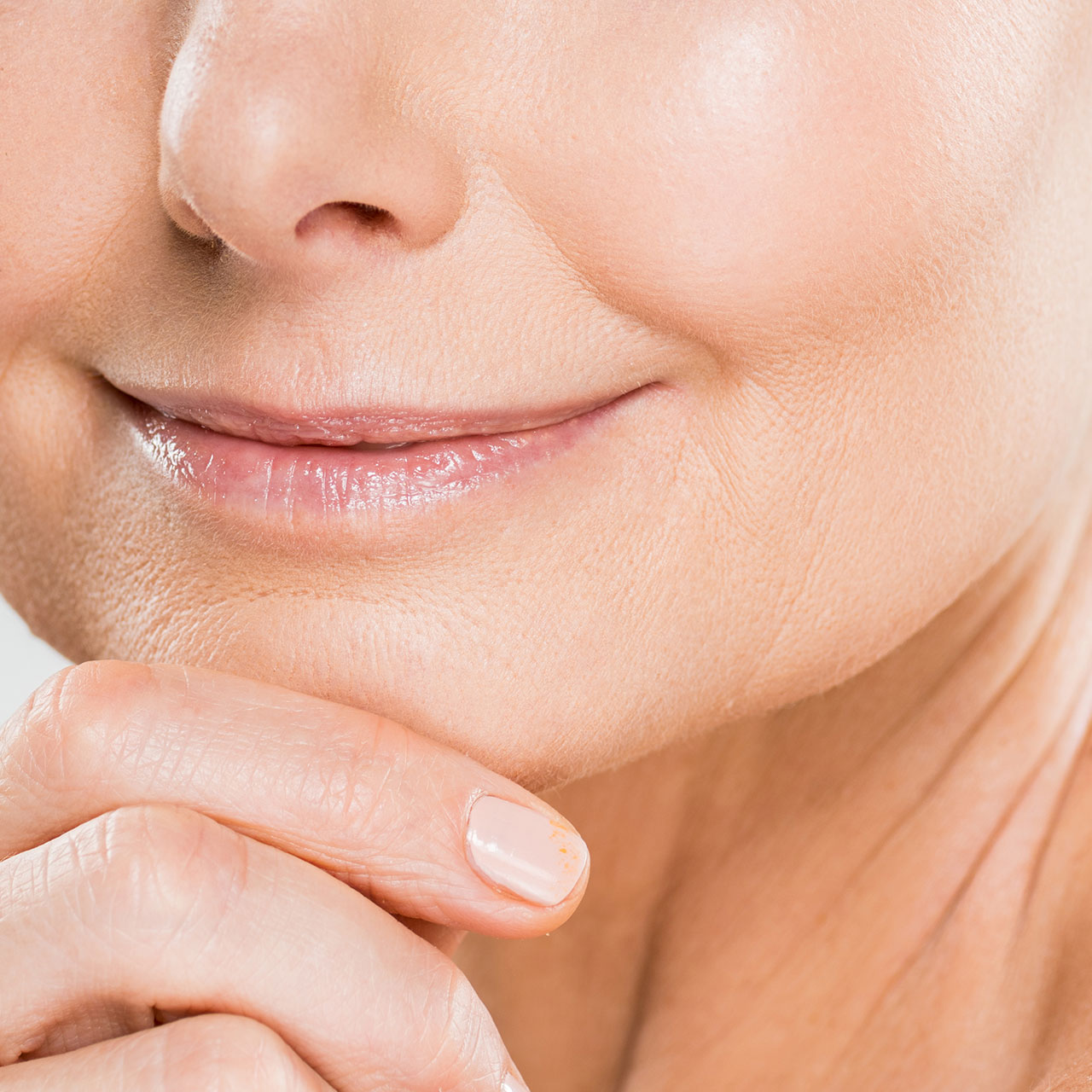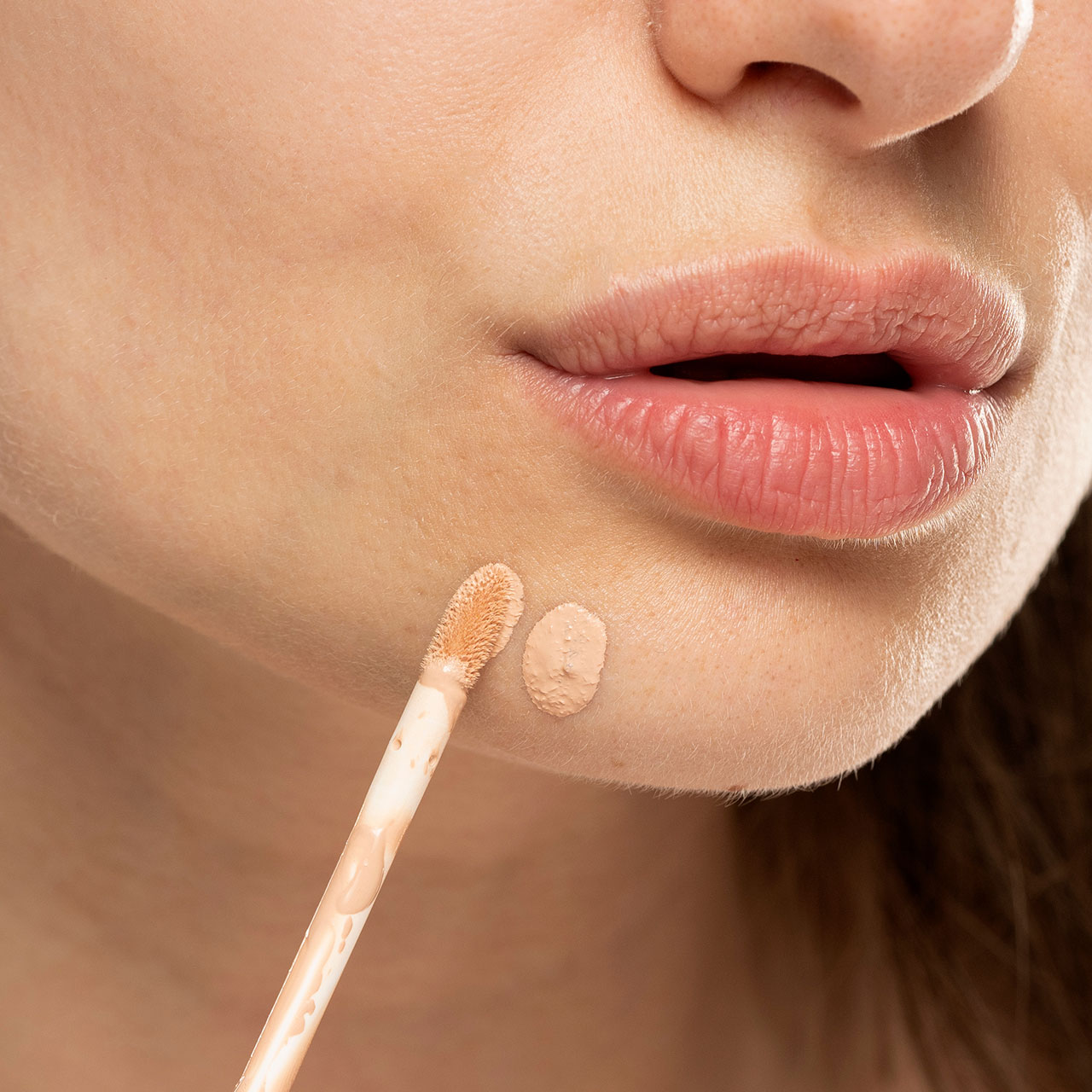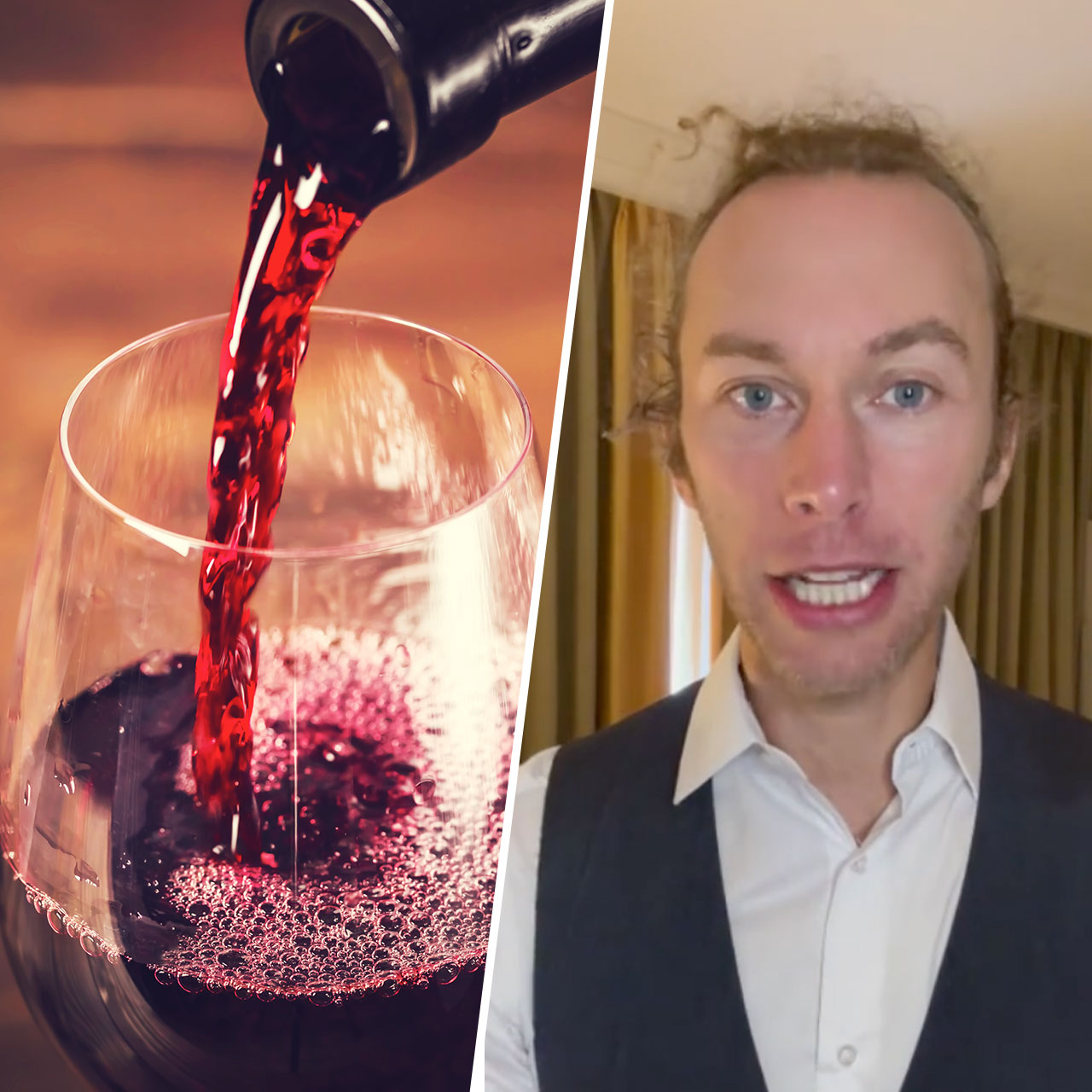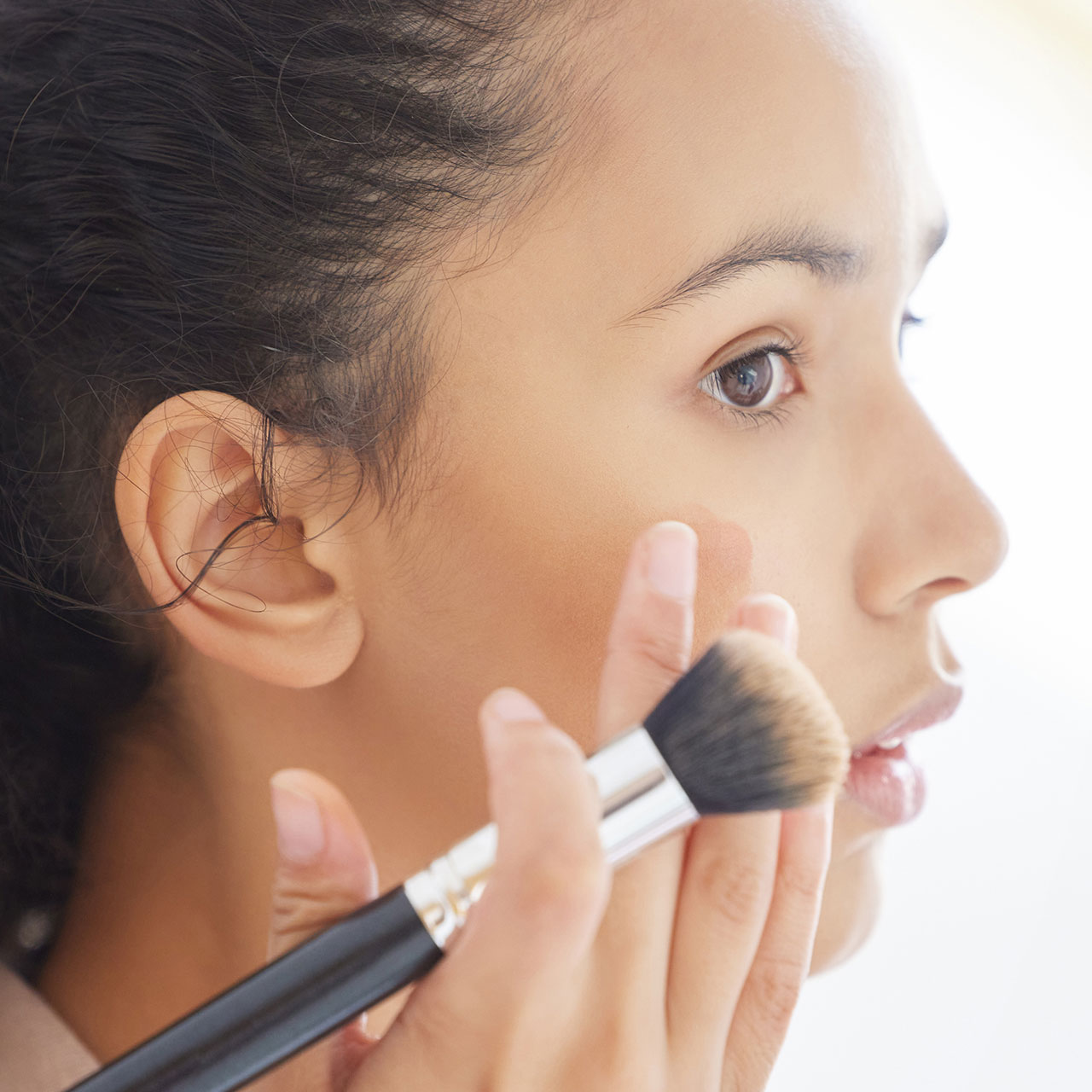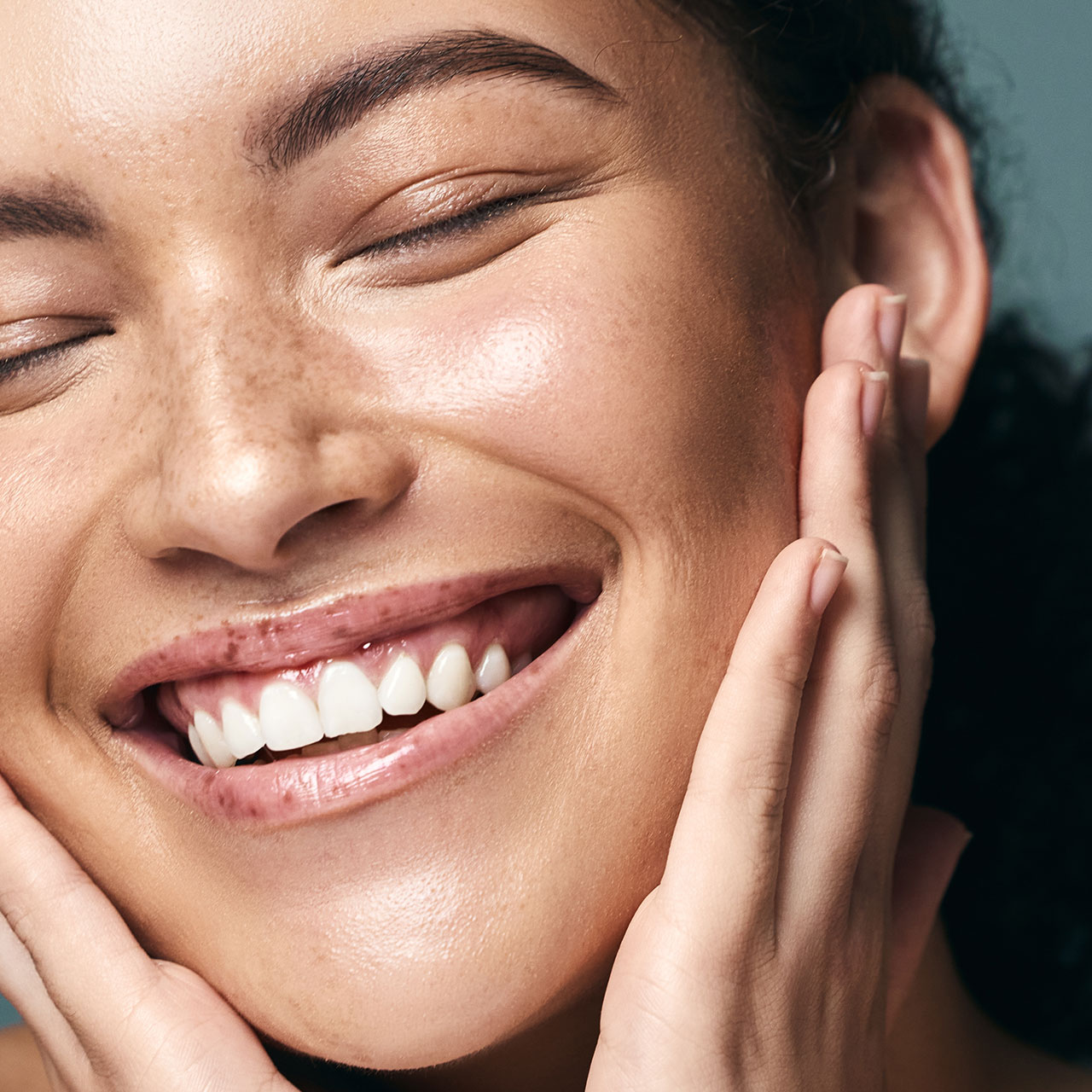If you’re looking to promote healthy, shiny hair, then it’s important to make sure you’re using the right kind of shampoo. Unfortunately, there are two common shampoo mistakes that women make that lead to thinning, hair loss, dryness and breakage.
To help you out, we checked in with hair experts to get the lowdown on these mistakes and what you should use instead. Keep reading to learn more about why it’s important to avoid ‘thickening’ shampoos and those with fragrances, and how to get voluminous, hydrated tresses instead.
We caught up with Dr. Daniel Boyer, M.D., hair health expert at Farr Institute, Allyson Carter, professional hair stylist and Editor-in-Chief at Hair Spies, Lauren Holland, professional hairstylist at Headspace Hair Artistry and Ghanima Abdullah, hair expert and cosmetologist at The Right Hairstyles.

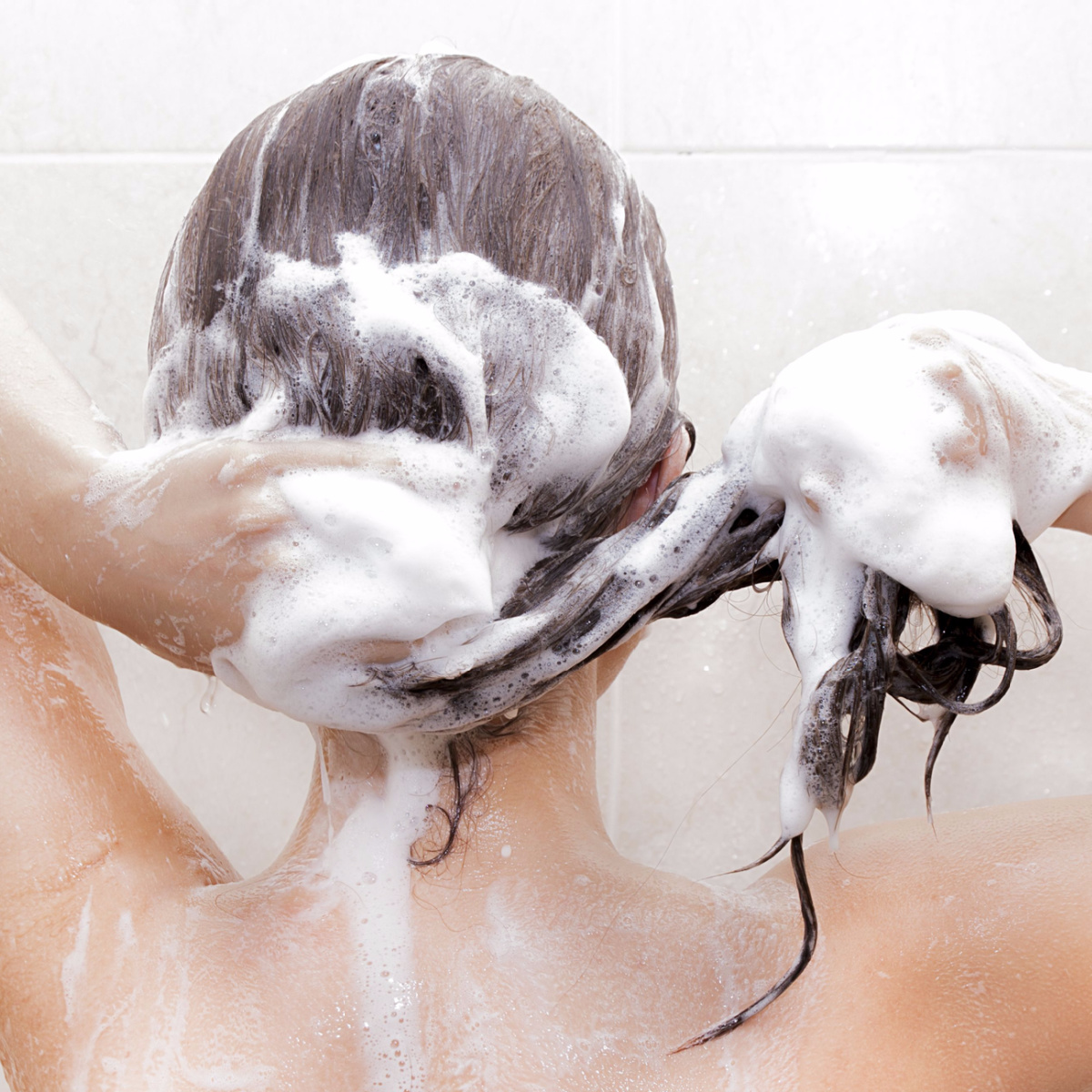
1. Using A 'Thickening' Shampoo
You might think, if you have thinning hair, that a logical solution would be to choose a 'thickening' product, but Boyer explains that this is far from the case. "Long-term use of this shampoo may clog the pores of your scalp, interfering with the oxygen supply in the skin," Boyer says.
"As a result," he continues, "inflammation may occur more often, leading to hair loss due to damage caused to your skin." Instead, he suggests using shampoo products that are low in comedogenic oils that "don't clog your skin pores," like a thickening shampoo would.
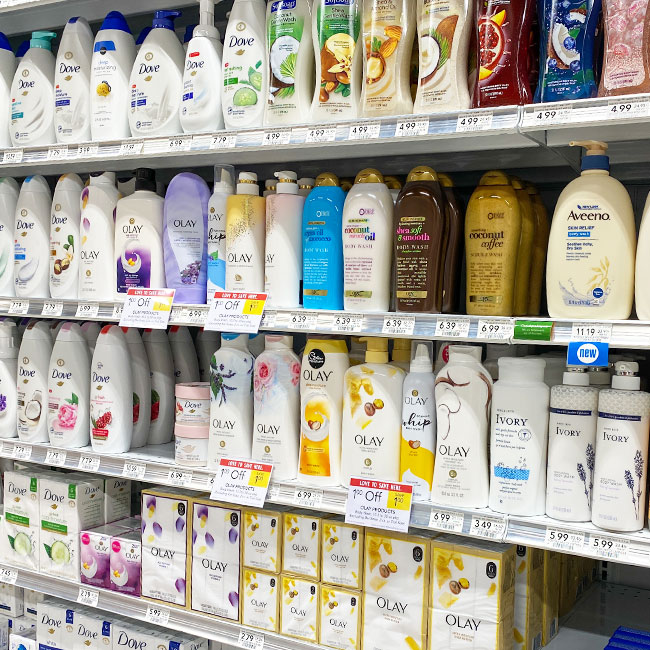
Carter agrees and notes that her "rule of thumb" regarding haircare is that "if a shampoo is too soapy, the color looks fake, or smells way too good; then it probably isn’t too good for your scalp."
Thickeners, she says, are what give shampoo that nice and deceiving lathery texture. "Some widely used thickeners are sodium chloride and polyethylene glycol, which are highly irritating for the scalp and strip hair of all its moisture, making it dry and brittle," Carter says.
Fragrances like diethanolamine and triethanolamine "completely destroy the keratin in hair and contribute to drying and loss of hair," she adds. Shampoos marketed as ‘thickening’ can also be dangerous, she points out, when used in excess as they can clog pores. "The clogged pores prevent oxygen from reaching the scalp, which in turn leads to irritation and hair loss."

2. Choosing A Shampoo With 'Fragrances'
A fragrance is a damaging ingredient found in hair products like shampoo that can heavily irritate your scalp, Abdullah notes. "Fragrance is often not one ingredient, but a compendium of ingredients in low concentrations that the manufacturer doesn't want to list directly on the ingredients," she warns.
"Because there is very little government oversight with personal care products, 'fragrance' can be anything," she adds. "Fragrance doesn't cause dandruff per se, as it causes a wide range of allergies and dandruff can be one of them," she says, and an irritated scalp can lead to hair loss, dryness and breakage.
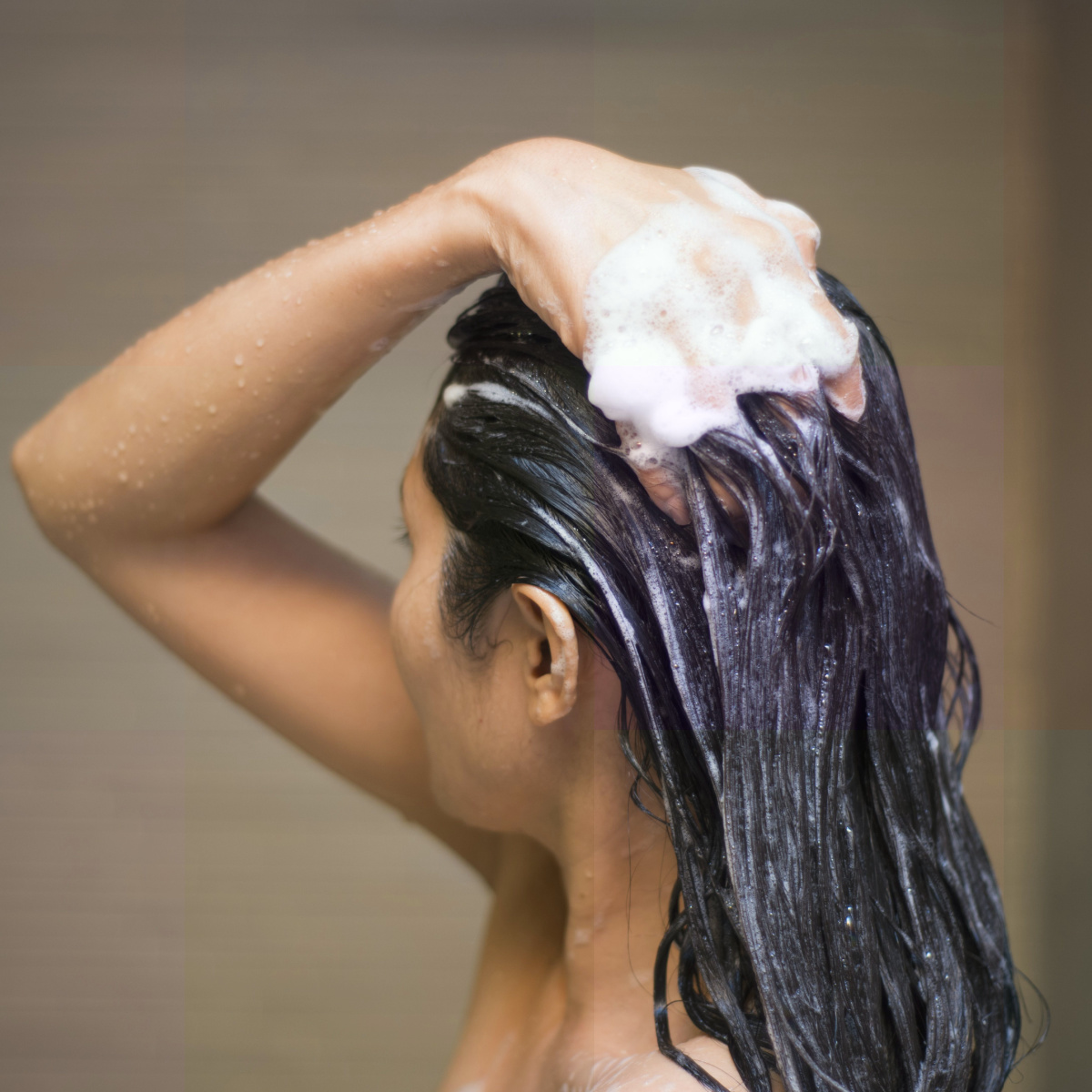
"With repeated use of hair products that contain fragrance, dandruff as an allergic reaction can worsen," Abdullah points out. Overproduction of oil can also be an allergic reaction, as can scalp acne.
"Allergic reactions are the reason we now have so many fragrance-free products on the market," she adds, making products with this as an ingredient best to avoid for your scalp health, and if promoting hair growth is your goal.
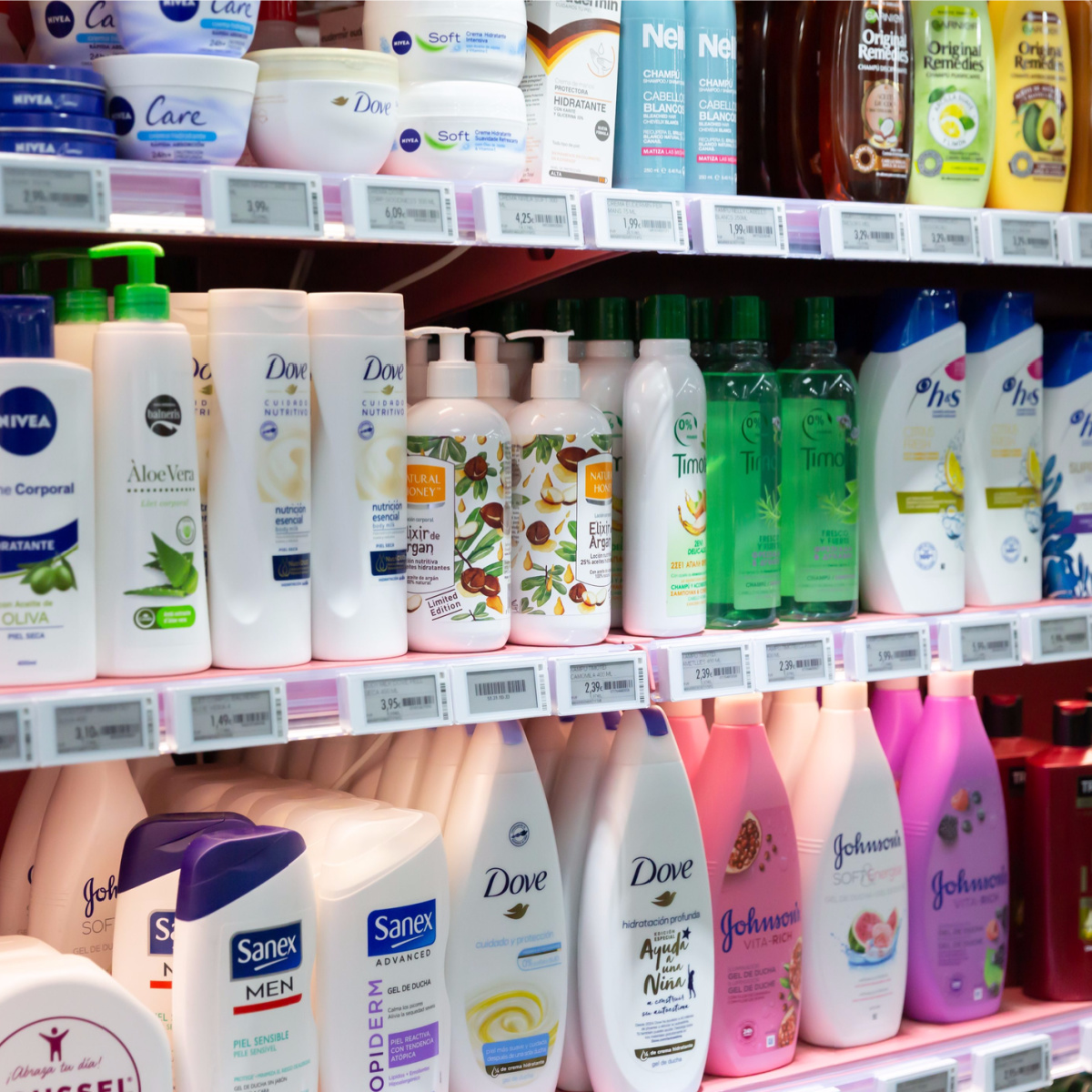
When it comes to hair products for thinning and/or fine hair, experts stress that you really should use products recommended by your dermatologist, but learning more about ingredients that do aid thinning hair can still help you in the long run. There are small changes and choices you can make to make sure you have a healthier scalp and hair, Holland says.
She suggests "opting for a sulfate free shampoo," as these are "widely available and are less irritating and harsh" on your scalp and hair. "Take it up a level and look for something more natural," she says.

Holland also notes that minimizing damage to your hair is possible by reducing heated tools and chemical services and protecting your hair while swimming and wearing a hat while in the sun to protect your scalp. "Give your scalp a break between washes. Your natural oils are produced for a reason, so give them a chance to their job," Holland continues.
She also advises to "avoid using styling products such as gels, waxes, hairsprays and dry shampoos on a regular basis," as these will cause build up as they settle on your scalp and clog hair follicles. "Once a hair follicle is damaged, there is no reversal unfortunately," she says.





